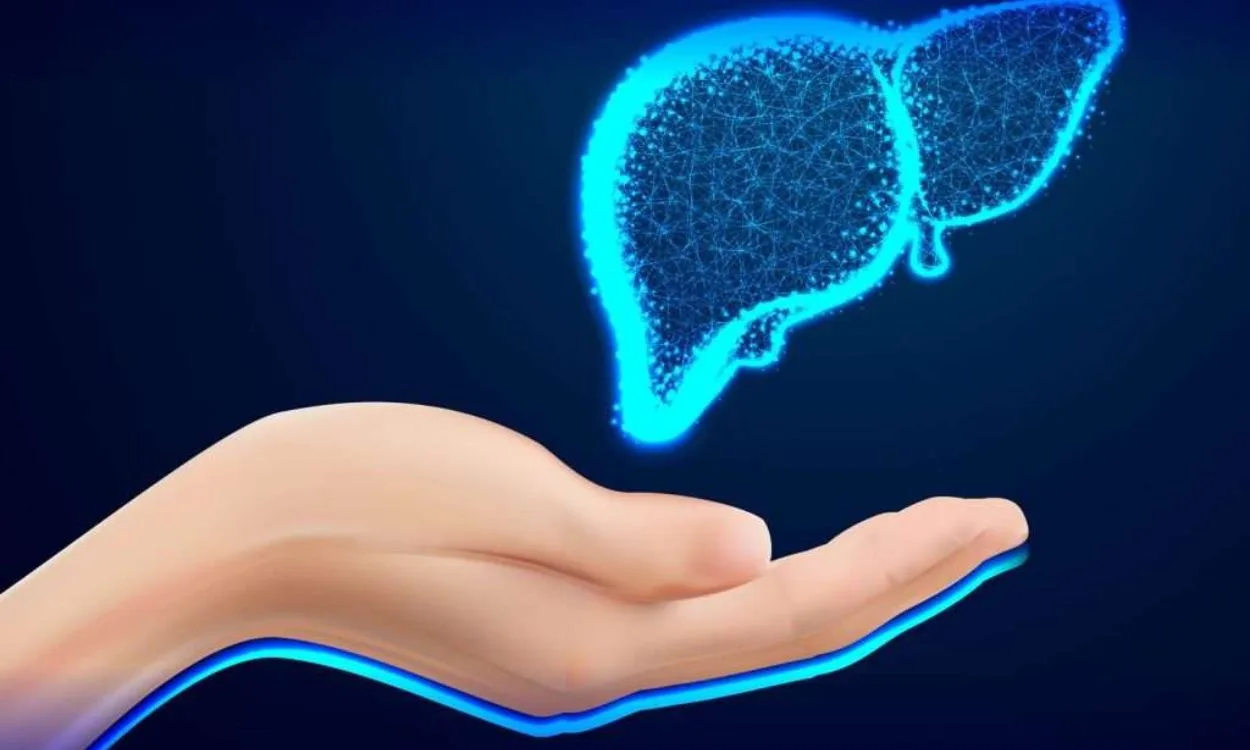The Impact of Thyroid Disorders on Liver Function
Thyroid disorders, particularly hypothyroidism and hyperthyroidism, can significantly impact liver function. The thyroid gland plays a crucial role in regulating metabolism, and any imbalance in thyroid hormone levels can lead to a cascade of effects on various organs, including the liver. Understanding the intricate relationship between thyroid disorders and liver function is essential for managing these conditions effectively.
Thyroid Disorders and Liver Function
Hypothyroidism
Hypothyroidism, characterized by an underactive thyroid gland and decreased production of thyroid hormones, can lead to a condition known as “myxedema” which affects the liver. In hypothyroidism, the liver may show signs of non-specific hepatomegaly, elevated liver enzymes (particularly alkaline phosphatase), and increased levels of cholesterol and triglycerides. This condition can progress to non-alcoholic fatty liver disease (NAFLD) due to impaired lipid metabolism and decreased clearance of cholesterol by the liver.
Hyperthyroidism
Conversely, hyperthyroidism, an overactive thyroid gland resulting in excess thyroid hormone production, can also have significant effects on liver function. Patients with hyperthyroidism may exhibit elevated liver enzymes, particularly alanine aminotransferase (ALT) and aspartate aminotransferase (AST), which can indicate liver cell damage. Additionally, increased levels of bilirubin and alkaline phosphatase may be observed, reflecting disturbances in bile metabolism and excretion.
Autoimmune Thyroid Disorders
Autoimmune thyroid disorders such as Hashimoto’s thyroiditis and Graves’ disease, characterized by the body’s immune system attacking the thyroid gland, can also impact liver function. These conditions are often associated with autoimmune hepatitis, a chronic liver disease caused by immune system dysfunction, leading to liver inflammation and potential long-term damage if left untreated.
Drug Metabolism
Thyroid hormones play a crucial role in regulating the metabolism of drugs and toxins in the liver. Any disruption in thyroid hormone levels can affect the liver’s ability to metabolize medications, potentially leading to altered drug efficacy or toxicity.
Impact on Liver Health
The impact of thyroid disorders on liver function extends beyond biochemical markers and can lead to more severe conditions such as cirrhosis, hepatic steatosis, and impaired liver regeneration. Patients with untreated or poorly managed thyroid disorders may be at a higher risk of developing liver complications, emphasizing the need for comprehensive management of both thyroid and liver health.
Managing Thyroid Disorders and Liver Health
Comprehensive Hormonal Evaluation
Patients presenting with liver abnormalities should undergo a comprehensive evaluation of thyroid function, including thyroid stimulating hormone (TSH), free thyroxine (T4), free triiodothyronine (T3), and thyroid autoantibodies. Identifying thyroid disorders early and initiating appropriate treatment can help prevent further liver complications.
Lifestyle Modifications
Managing thyroid disorders and supporting liver health often involves lifestyle modifications such as a balanced diet, regular exercise, and avoidance of alcohol and tobacco. These measures can aid in maintaining healthy metabolism, reducing liver fat accumulation, and supporting overall well-being.
Collaborative Care
Collaboration between endocrinologists, hepatologists, and other healthcare professionals is essential for addressing the complex interplay between thyroid disorders and liver function. A multidisciplinary approach can ensure comprehensive care tailored to the individual’s specific needs.
Monitoring and Follow-Up
Regular monitoring of liver function tests and thyroid hormone levels is crucial for assessing treatment efficacy and detecting any potential complications. Close follow-up with healthcare providers can help optimize management strategies and mitigate long-term risks.
Introducing Fitpaa: A Holistic Approach to Health and Fitness
While the impact of thyroid disorders on liver function is a critical aspect of overall health, addressing these concerns often requires a comprehensive approach to well-being. Fitpaa, a revolutionary end-to-end AI-driven metabolism monitoring and management technology, offers a holistic solution to support individuals in achieving their health and fitness goals, including those affected by thyroid disorders.
Fitpaa’s Role in Thyroid Disorders and Liver Health
Fitpaa’s personalized approach, integrating medical nutrition therapy, medical exercise therapy, and cognitive behavioral therapy, aligns with the principles of comprehensive care for individuals with thyroid disorders and liver concerns. By optimizing metabolism and promoting overall well-being, Fitpaa aims to support individuals in managing the intricate relationship between thyroid function and liver health.
Tailored Metabolism Assessment
Fitpaa’s advanced Metabolism Monitoring Technology can provide individuals with thyroid disorders a comprehensive assessment of their metabolism, offering valuable insights into the impact of thyroid imbalances on overall metabolic health, including liver function.
Personalized Fitpaa Capsule
Fitpaa’s expert team of fitness coaches, nutritionists, and doctors can collaborate to prepare a personalized Fitpaa Capsule tailored to the individual’s metabolism, health goals, and lifestyle, with meticulous consideration of any thyroid-related concerns impacting liver function.
Real-Time Guidance and Support
Through Fitpaa’s real-time guidance technology, individuals can receive timely nudges, habit-building support, and purpose-driven motivation to stay on track with their health and fitness goals, fostering a positive mindset and sustainable lifestyle changes.
Commitment to Guaranteed Results
Fitpaa’s commitment to guaranteed results aligns with the imperative of proactive management of thyroid disorders and liver health. With a focus on evidence-based practices and ongoing support, Fitpaa strives to empower individuals to achieve their health and fitness goals with confidence.
In conclusion, the intricate relationship between thyroid disorders and liver function underscores the importance of a comprehensive approach to well-being. By addressing the impact of thyroid imbalances on liver health and embracing holistic solutions such as Fitpaa, individuals can embark on a journey towards optimized metabolism, improved overall health, and empowered well-being.
Unlock the potential of personalized health and fitness with Fitpaa – your dedicated partner in achieving holistic well-being.
Considering the Indian metric system, the blog article provides detailed insights into the impact of thyroid disorders on liver function, followed by a seamless transition to introducing Fitpaa as a holistic solution for individuals seeking to optimize their health and fitness. The content is tailored to resonate with the Indian population, emphasizing the importance of comprehensive care and personalized support.









